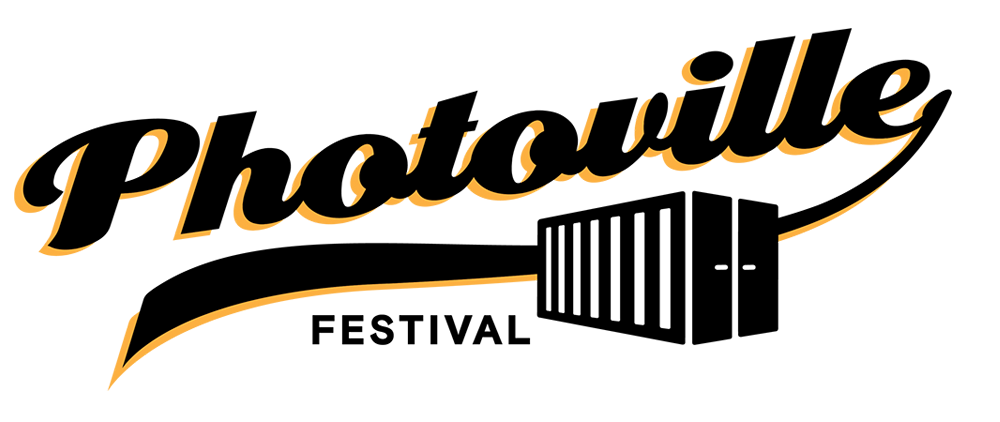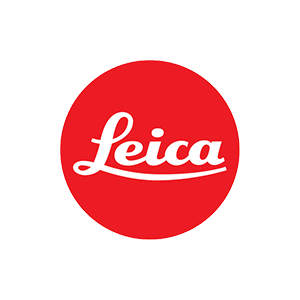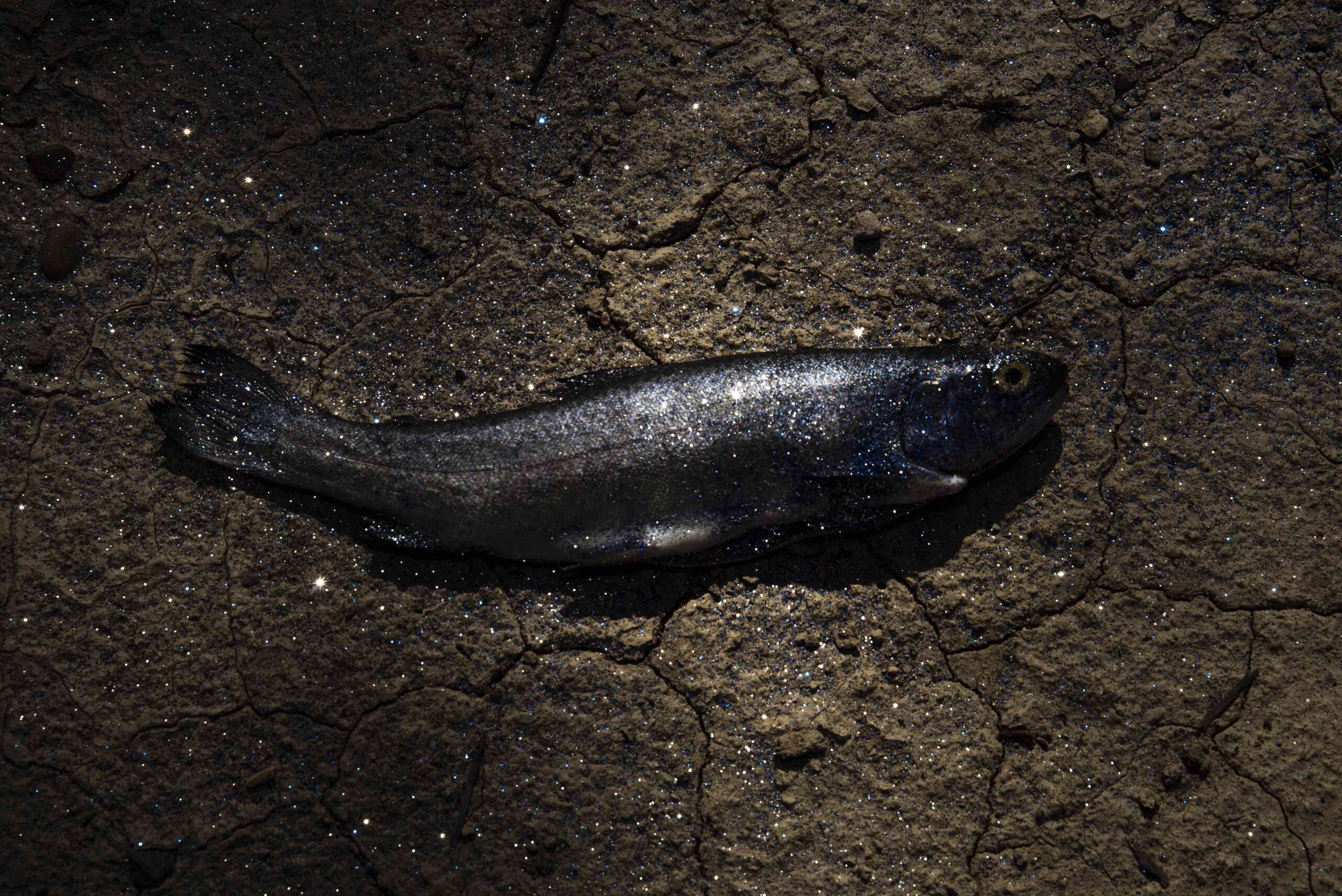

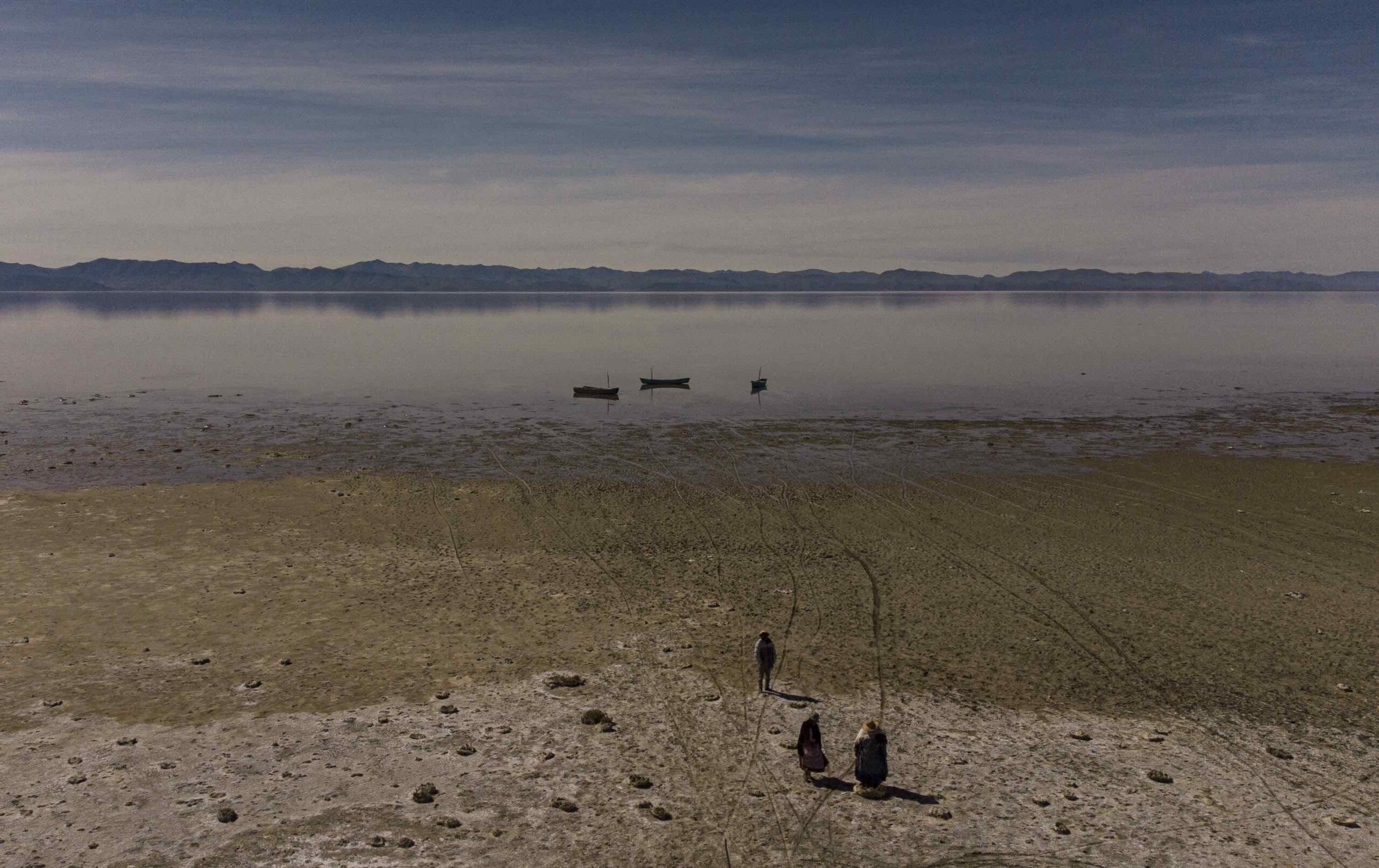
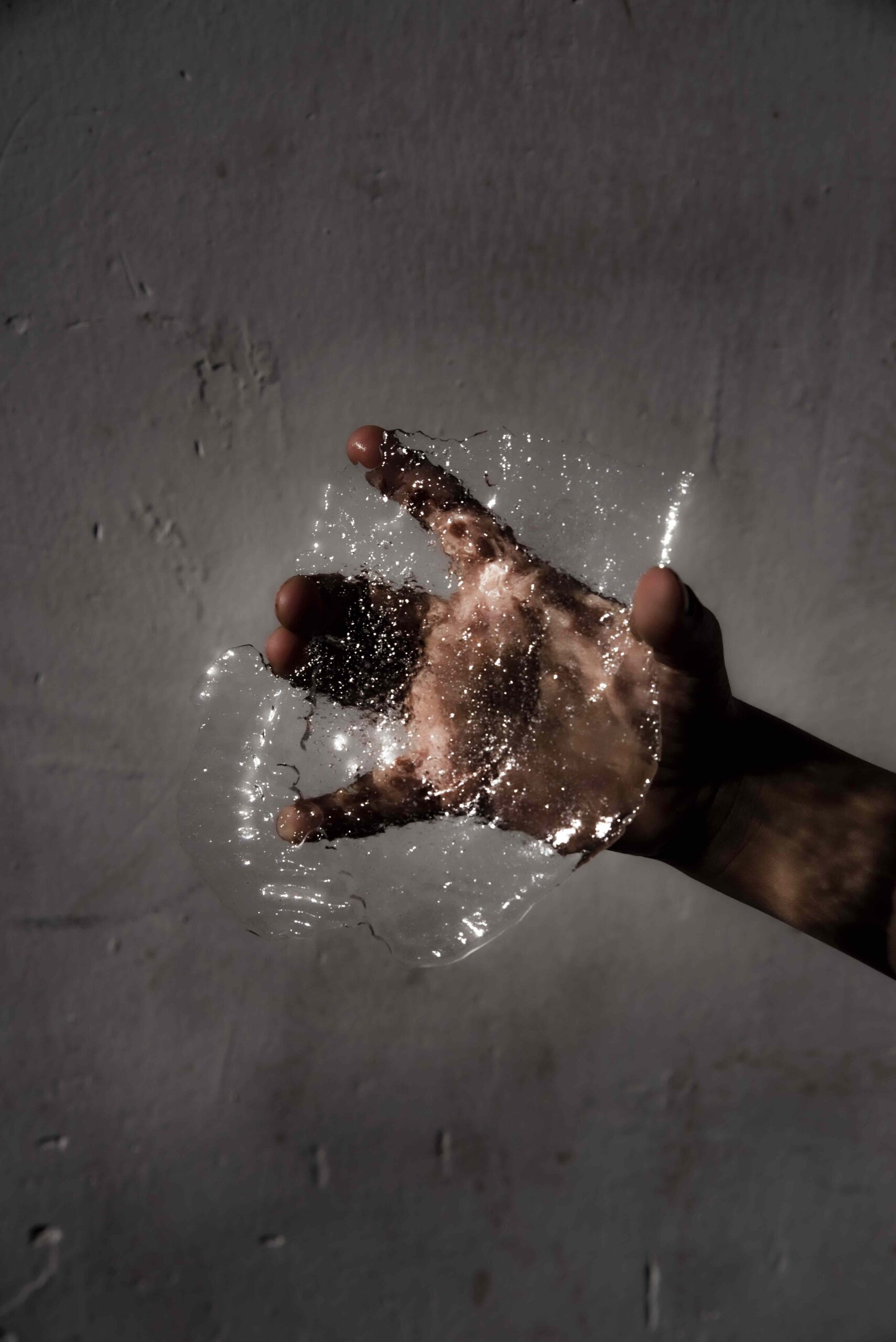
Lake Poopó is drying up. The area around the lake, located west of the city of Oruro, Bolivia and inhabited by the Uru community, was declared an environmental disaster in 2015. Local residents are already vulnerable, with their ancestral culture in danger of disappearing.
The Uru community bases its worldview on its ancestral relationship with water, or qwak in their native language. For the Uru, water is not only vital for food, sustenance, and irrigation, but it is also considered Mama Qhocha — which in their cosmovision is a symbol of life, reproduction, and a sacred place.
Thanks to the rains in January of this year, Lake Poopó’s surface area grew by 10 percent, but the fish have not returned and the water that flows in is contaminated by garbage and heavy metals like mercury often used in mining.
For this reason, women from this territory have joined forces to generate actions of community vigilance, water harvesting, sustainable redistribution of springs and wetlands, and environmental control of rivers contaminated by heavy metals, in order to return to their traditional activities and not let their ancestral heritage die.
For these women, it is important to be heard because they are the ones on the front lines fighting against this environmental violence. As a photographer and Indigenous woman, it is important for me to vindicate and decolonize the dignified image of historically victimized women with whom I share cosmovisions and struggles. I make this work to document their essence, strength, and wisdom.
Artist Bios
-
Sara Aliaga
Sara Aliaga Ticona is a Bolivian social communicator, photojournalist, and Aymara visual artist. For her, photography is best used as a tool to reclaim identity, and her work specifically converges around gender, human rights, the climate crisis and the special impact it has on Indigenous peoples.
Sara builds her photography around symbolic, conceptual and documentary narratives that she uses to create conversation around collective visual memory, conscious, ethical, empowering and dignifying, themes that are central to her identity as both an Indigenous woman and a photographer.
She is the recipient of the Indigenous Photograph Project Grant 2022, FotoEvidence and World Press Photo’s Photo Book Award with COVIDLATAM, 2021, and has been recognized by POY Latam, National Geographic Society, and others. Her work has been published in The New York Times, The Guardian, BBC, El País, PoyLatam Magazine, Neue Zürcher Zeitung, Reuters, and AP, among others. Her work has been exhibited from New York to Paris to Antarctica to Colombia.
Sara is the founder of the first collective of Bolivian photographers, War-MiPhoto, and organizer of the First Residence in Gender Narratives “Exisitimos,” and is a member of the CovidLatam collective, Everyday Mujeres, Everyday Andes, Women Photograph, Photographers Without Borders, and Diversify Photo.
Organizations
-
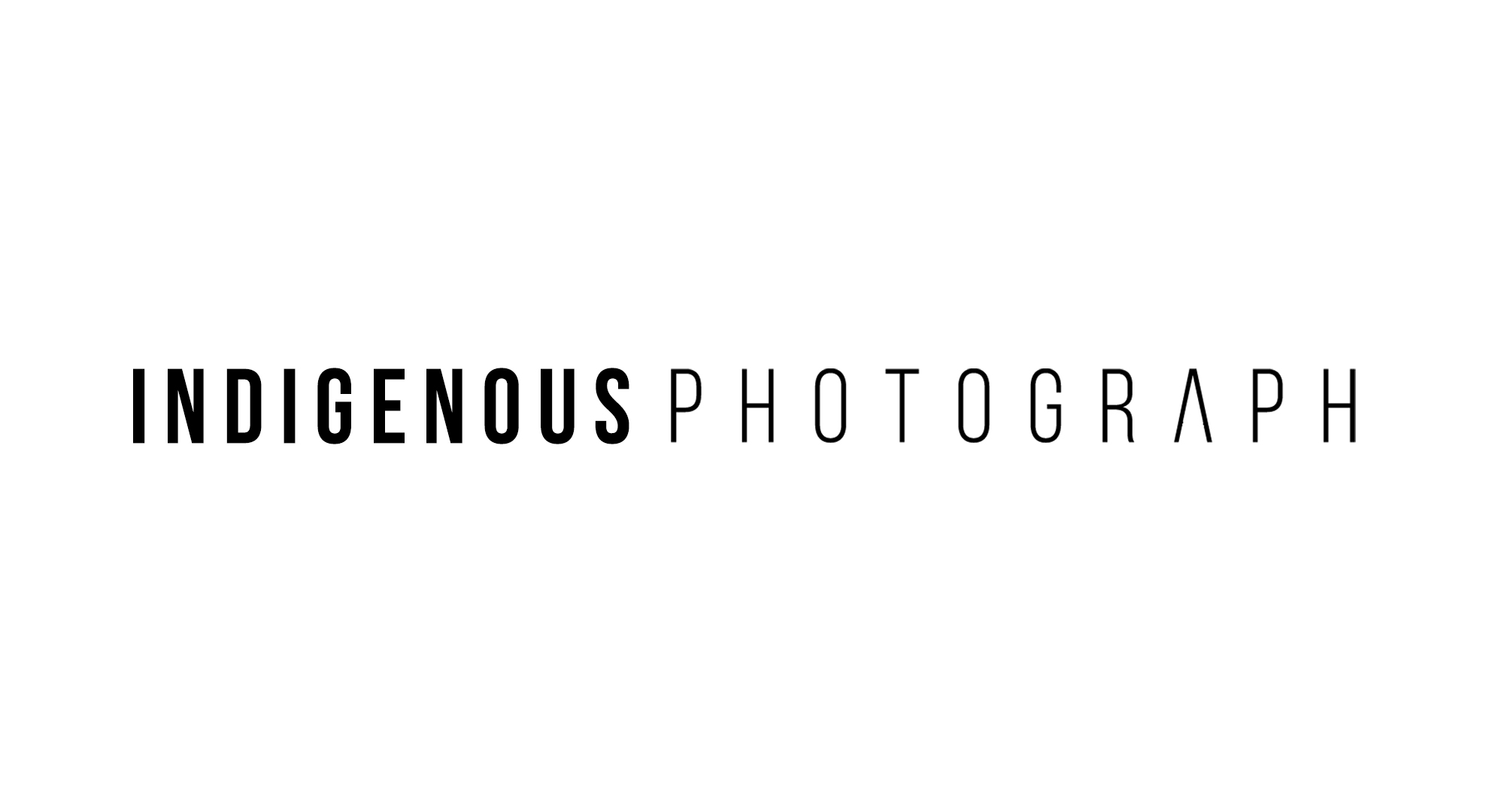
Indigenous Photograph
Indigenous Photograph is a space to elevate the work of Indigenous visual journalists and bring balance to the way we tell stories about Indigenous people and spaces. Their mission is to support the media industry in hiring more Indigenous photographers to tell the stories of their communities, and to reflect on how we tell these stories.
Indigenous Photograph’s global database is available to photo editors, creative directors, and those who routinely hire photographers. The electronic database of their members includes detailed information regarding geographical areas of expertise, languages spoken, and contact information.
-
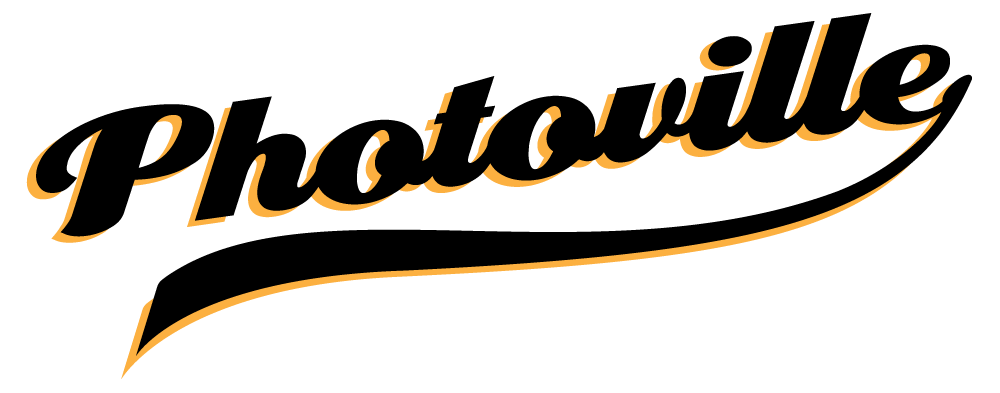
Photoville
Founded in 2011 in Brooklyn, NY, Photoville was built on the principles of addressing cultural equity and inclusion, which we are always striving for, by ensuring that the artists we exhibit are diverse in gender, class, and race.
In pursuit of its mission, Photoville produces an annual, city-wide open air photography festival in New York City, a wide range of free educational community initiatives, and a nationwide program of public art exhibitions.
By activating public spaces, amplifying visual storytellers, and creating unique and highly innovative exhibition and programming environments, we join the cause of nurturing a new lens of representation.
Through creative partnerships with festivals, city agencies, and other nonprofit organizations, Photoville offers visual storytellers, educators, and students financial support, mentorship, and promotional & production resources, on a range of exhibition opportunities.
For more information about Photoville visit, www.photoville.com
Warmi Qwak
Featuring: Sara Aliaga
Curated by: Tailyr Irvine Daniella Zalcman
Locations
ON VIEW AT: Truss Banner 31
View Location Details Download a detailed map of this location Brooklyn Bridge Park – Emily Warren Roebling Plaza1 Water St
Brooklyn, NY 11201
This location is part of Brooklyn Bridge Park
Explore other locations and exhibitions nearby
